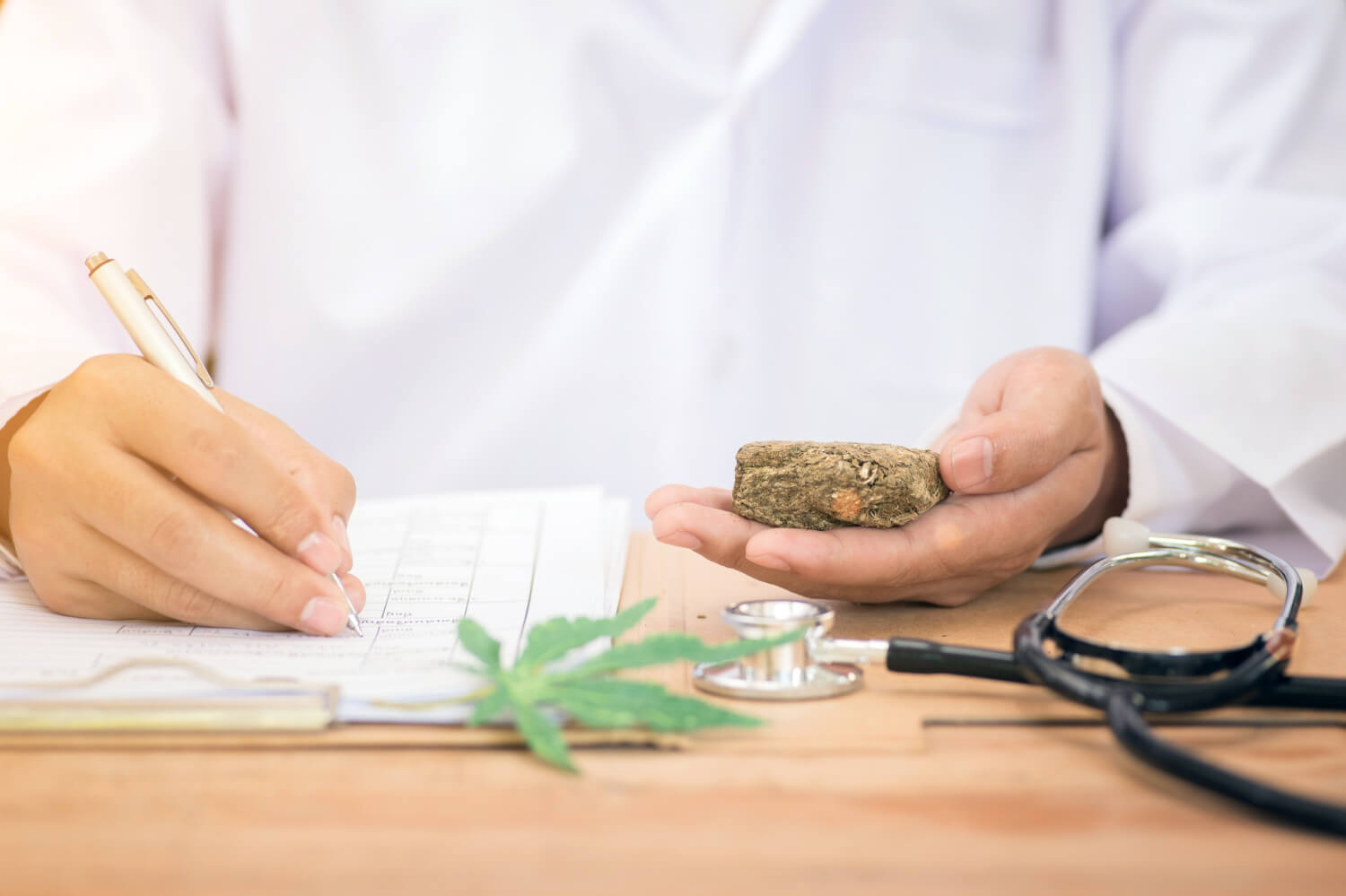Over the past few years, the Georgia Department of Public Health (DPH) has erroneously reported inaccurate numbers of people registered for its low-THC medical cannabis program. Instead of the original claim of about 50,000 participants, a recent revelation by DPH Commissioner Kathleen Toomey confirms that there are only around 14,000 actual users. This discrepancy is attributed to the state’s reliance on physicians to update the registry by removing patients who either ceased using oil or passed away.
The COVID-19 pandemic further contributed to this error, with many physicians discontinuing reporting crucial patient information. As a result, the numbers remained grossly inflated, causing a disturbance within the industry and among those relying on accurate data for business and care decisions.
Impact on Medical Cannabis Companies
One such entity affected by this misinformation is Botanical Sciences, a licensed medical cannabis company in Georgia. Its CEO, Gary Long, expressed disappointment over the DPH’s failure to provide an accurate number of patients enrolled in the program. He highlighted how his company depends on precise state data to make essential business decisions regarding production and distribution.
Long’s company, like many others in Georgia’s burgeoning medical cannabis sector, is eager to work with the DPH to rectify this issue and improve access and awareness of medical cannabis treatments for Georgians.
Increasing Awareness and Access to Medical Cannabis in Georgia
In an interview with the Atlanta Journal-Constitution, Gary Long emphasized the need for a more cohesive approach to medical cannabis in Georgia. This concerted effort should focus on raising awareness about the industry while ensuring patients in need can access a range of therapeutic products.
However, due to Georgia’s restrictive marijuana laws, only low-THC oil is allowed, and many residents cannot easily access medical cannabis treatment. Despite being home to nearly 11 million people, only 14,000 benefit from this program – revealing the vast scope for expansion and increased education around the potential therapeutic applications of cannabis-derived treatments.
Addressing the Miscount: What can be done to correct the registry?
To streamline and rectify the process, the DPH must work closely with licensed physicians responsible for updating patient information in the medical cannabis registry. A better system needs to be implemented where healthcare providers are held accountable for their role in maintaining accurate enrollment data, which is essential to those seeking relevant information when making decisions.
Moreover, the state must invest efforts into increasing physician buy-in within the medical cannabis space since not all doctors in Georgia prescribe or support these alternative treatments. This understanding could help grow awareness and the number of registered patients listed accurately in the registry – ultimately benefiting the end-users and the entire industry.
Key Takeaways and Future Outlook
This miscount has several significant implications for stakeholders across the medical cannabis landscape in Georgia. Companies like Botanical Sciences, reliant on an accurate depiction of the market size and patient demographics, will struggle to make informed business choices. Furthermore, inaccurate patient listings prevent stakeholders from understanding the true demand and need for medical cannabis products, which could result in gaps within care delivery and the supply chain.
Hence, now more than ever, various industry players need to come together and formulate a cohesive plan for the future of medical cannabis in Georgia. The priority remains ensuring that patients have access to safe, high-quality therapeutics and are well-informed about the potential benefits of this alternative medical option. Addressing the miscount is just the first step in a long journey toward fostering an inclusive and thriving medical cannabis ecosystem in Georgia.





